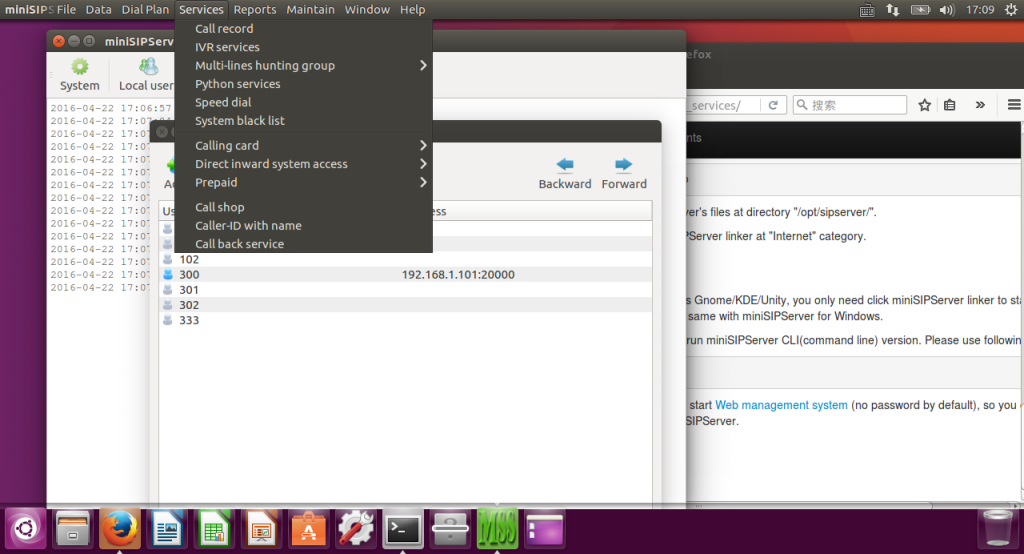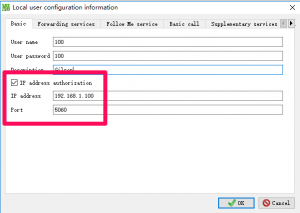In voice mail feature, MSS need use SMTP library to send emails. Since MSS can embed Python script functions, it is easy to use Python-smtplib to send email. That’s what we done and it works well, we are satisfied with it.
But smtplib is too old ( in python 2.7) to fit some modem SMTP servers’ requirements. It also has a shortage. It is synchronous. That means it can block thread when sending a email, then its performance is poor and cannot fit our requirements in cloud system.
Something is changed, we want MSS to be better, so we develop a new SMTP library to send voice mails. This SMTP library is asynchronous and can work perfectly with most SMTP servers. And, it is written in C/C++ language.
We upgraded MSS V23 and cloud-MSS to replace python-smtplib with this new SMTP library.
Hope you can enjoy latest versions.
By the way, since MSS V23 has been released for several months and we got very better result, we think it is time to release new LTS version which is V24 and new stable version which is V25 in the end of this year or in the beginning of next year.

